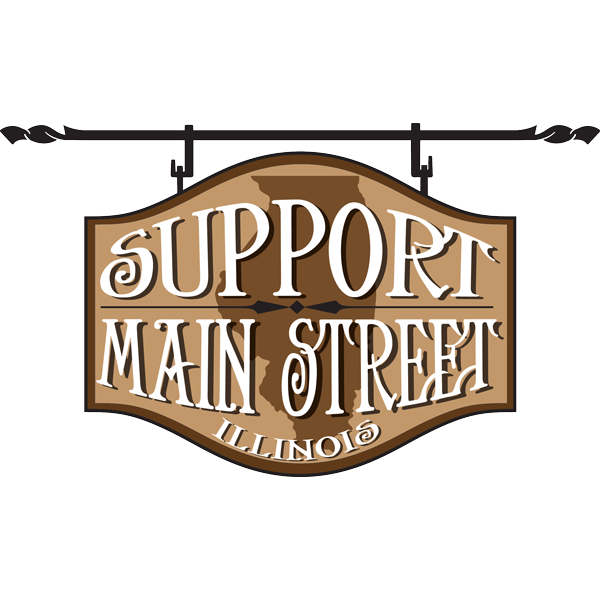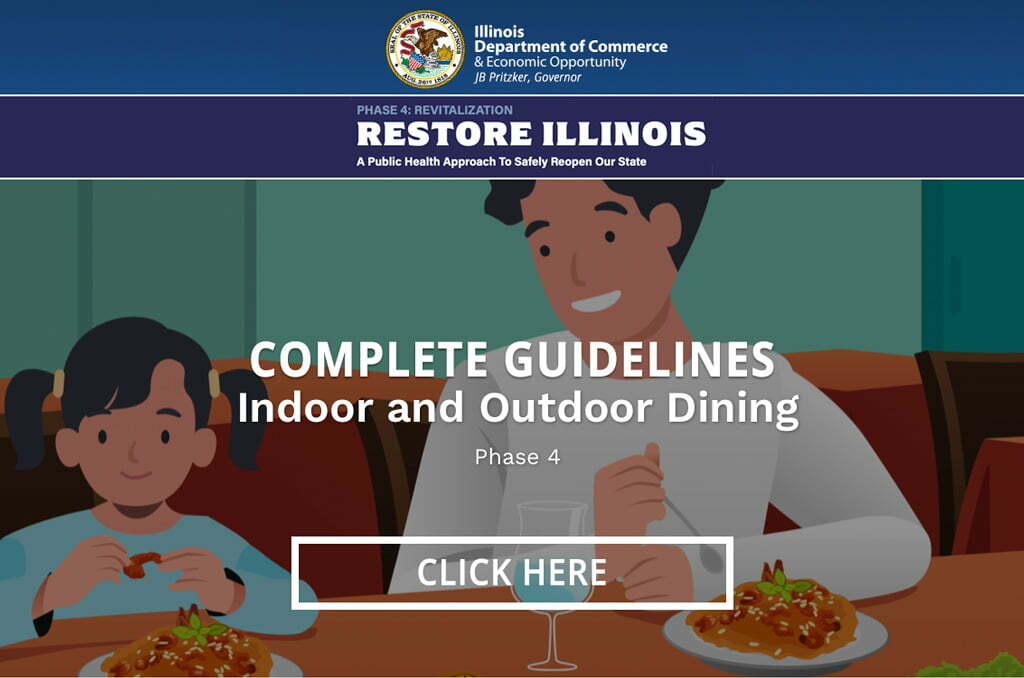
Because of the economic impact the COVID-19 pandemic is having on Manteno businesses, village board members have agreed to waive all liquor license permit fees and gaming/amusement permit license fees for the fiscal year 2021, which begins May 1, 2020.
The action will be formally adopted at today’s Manteno Village Board meeting.
Manteno is the first Kankakee County community to take this action.
This waiver will only apply to existing liquor licenses. Any newly issued licenses during the year will still be required to pay the standard fees, unless the board approves an additional waiver.
To receive the fee waiver, license holders still need to submit a completed application, manager application, certificate of insurance and lease agreement if not the owner of the property, as required by ordinance.
New licenses take effect May 1.
The fee waiver will cost the village about $35,000.
“We hope that this waiver of fees will help your business rebound from these difficult times and in some way provide some relief to ensure your business continues to thrive here in Manteno,” Mayor Tim Nugent stated in the announcement.
Nugent said the waiver applies to bars, restaurants, breweries, grocery stores, gas stations and liquor stores. Annual license fees range from $500 to $1,500, depending on the type of license needed.
The village has an annual operating budget of about $5.5 million.
Nugent said the next budget will be a dramatically different looking document than the year which is about to conclude. He said the village will be tapping into cash reserves.
“We know the time has come to go into our rainy day fund. The fund is set aside for emergencies, and I have never seen a bigger emergency,” the mayor said.
Regarding the fee waiver, Nugent said there are only so many expenses the village has this type of control over.
“We obviously want to help our small businesses any way we can and get them going again,” he said.
Nugent also noted the budget is fueled in large part — some $1.25 million — by sales tax revenues. He noted car dealership sales are suffering as a result of the coronavirus so that is of pending concern as well for the new budget year.
Within the next two to three weeks, the federal government’s $2.2 trillion Economic Impact Payments will begin hitting checking accounts of citizens throughout the country.
Young, middle age and, yes, senior citizens.
In listening to discussions and reading some social media posts, there appears to be some confusion as to who might be receiving the $1,200 payment. Some senior citizens believe they may not be part of the plan. That would not be correct.
Senior citizens — just like nearly every other adult citizen — will receive the payment as long as their income does not rise above the $75,000 threshold for the full payment.
“This includes senior citizens, Social Security recipients and railroad retirees who are not otherwise required to file a tax return,” it was stated on ”Economic impact payments: What you need to know” guide published March 30 by the IRS.






